Sub-Project 4: Promoting Spiritual and Religious Competency Training for Mental Health Professionals: A Systems-Change Endeavor
University of California, San Diego
Investigators
Cassandra Vieten (Sub-Project PI)
James Pittman
Joe Currier
Jesse Fox
Purpose
This sub-project uses a targeted systems-change approach. We will develop and pursue a set of coordinated activities, informed by diverse stakeholders in the U.S. mental health care system, to pull key levers that are designed to strategically shift system-wide attitudes, values, and priorities about integrating R/S competencies throughout graduate education and clinical training across counseling, marriage and family therapy, psychology, and social work.
Background
Targeted systems-change is:
A way of strategically transforming a system by identifying key stakeholders, assets, opportunities, challenges, and primary levers for change
An empowering, bottom-up approach that relies on developing collective solutions via community participatory work and building a learning culture
How training in other multicultural competencies (e.g., race, ethnicity, gender diversity) has become standard across graduate and post-graduate programs
In this case, we are “targeting” integration of R/S competencies into mental health professional training. To do this, we will:
Develop a roadmap for a systems-change approach to integrating R/S competencies into training that will identify a set of coordinated activities to facilitate inclusion of R/S competencies into training
Develop partnerships across each tier of the overall mental health care system — policy, education/training, practice settings, clinicians, and consumers with lived experience
Develop an online platform for faculty, supervisors, training directors, and other leaders to access resources and tools for integrating R/S competencies into their training activities
Create an evidence map and data visualization map that demonstrates the impact of R/S competency training and offers an interactive platform for stakeholders to interact with the available data and evaluate the evidence
Develop an open-access, practice-oriented book that will serve as another means of disseminating findings, resources, and tools generated across the four sub-projects and others’ work to support faculty, supervisors, and clinicians to integrate R/S competency training into their education and training activities
Other specific activities we may engage in, or support other groups in accomplishing, include:
Working with mental health professional associations to adopt R/S competency guidelines
Approaching undergraduate and graduate-level textbook authors with empirically supported R/S content for inclusion into the next editions of their textbooks
Engaging in systematic outreach to graduate and clinical training directors to increase awareness of the evidence base for including R/S competency training
Identifying language, framing, and messaging that is effective in stimulating inclusion of R/S competencies in training among those who may oppose such inclusion
Investigating systemic implicit biases and identify methods to bring such biases to light
Advocating for large funding organizations (e.g., NIMH, SAMHSA) to increase funding mechanisms that include research and training in R/S competencies
Outreach to large mental health care delivery systems to make the case for increasing service utilization by under-served communities by enhancing R/S competency training
Organizing a mental health care consumer effort to communicate their desire for clinicians to be competent in R/S, and to have their R/S addressed in mental health care
Anticipated Outcomes
Our macro-level goals for Sub-Project 4 are to make training in R/S competencies routine in mental health professional training, and to catalyze a cultural shift in how society understands the relationship between R/S and mental health care overall.
